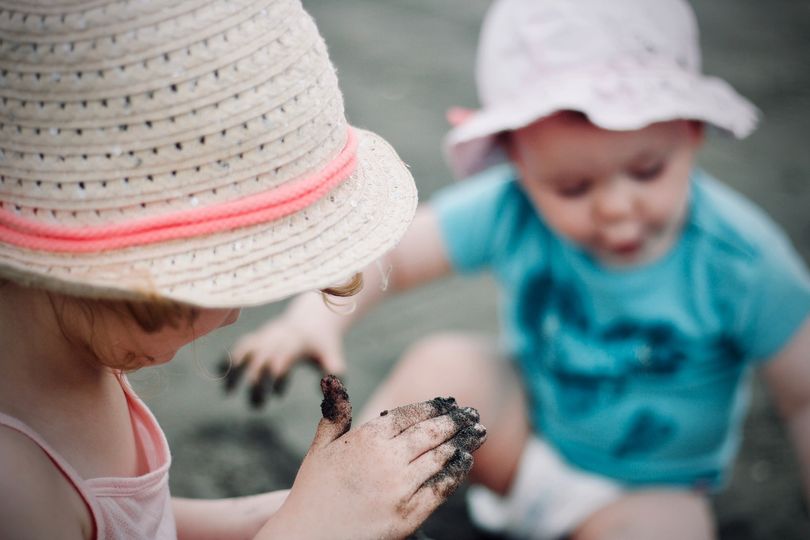Does your child hate walking on grass/wet surfaces? Is your child particular about the clothes they wear (have to be really soft or with the tag cut off)? Do you find your child getting upset when you tickle them or cuddle them or touch their hair? What about when they get a haircut/washed or you try to cut their finger nails?
If you said yes to one or all of these questions chances are your child has a tactile sensitivity. The Tactile (or ‘Touch’) system is in charge of multiple types of sensation to your body/skin; sensations such as light and deep touch, vibration, pain, pressure and temperature registration. A child with tactile sensitivity is having these sensations distorted and their brain is telling them that the sensation is dangerous, threatening or generally causing discomfort.
It is always best to get your child assessed by an OT to find out exactly what is going on and how to help but in the meantime here are some of our top tips to help.
– Give plenty of warning prior to touching your child and be respectful if they decline or move away. When you ask if you can give them a hug/fix their hair, etc. don’t take offense when they say no, it’s not that they don’t love you but rather their bodies can’t handle the sensation.
– Use deep touch over light touch. Deep pressure is (generally) more calming. Think about what you like when you are stressed: massages, a cuddle, wrapping yourself up under the blankets, etc.
– Try a slow approach to exposure to tactile experiences. Start with some soapy water play in a bucket with a towel within reach and work up to adding in proper bubbles and slowly building the amount of skin contact.
– Explore what your child likes and doesn’t like. Help them to understand that it is normal to have things we like, things we are learning about and things we don’t like. Talk to them about the things you like/don’t like. Explore anything and everything from materials (clothes, blankets, textures of sand, water, cream, etc) to surfaces (hard/soft, bumpy/smooth).

Rebecca Lockyer
Occupational Therapist, Little TheraPeas

